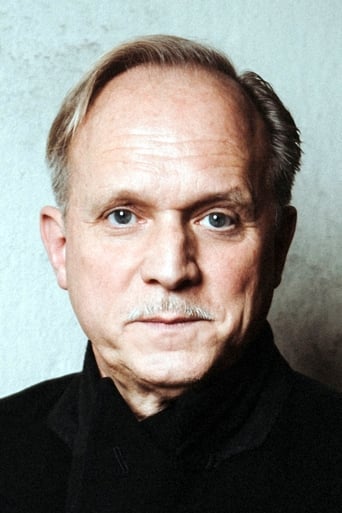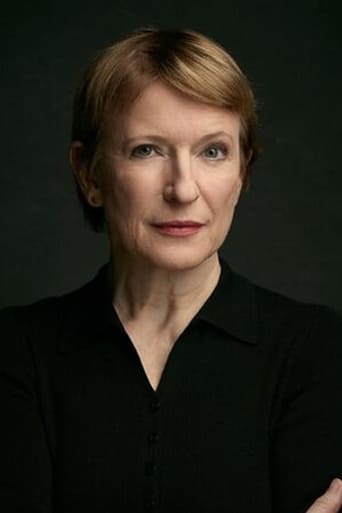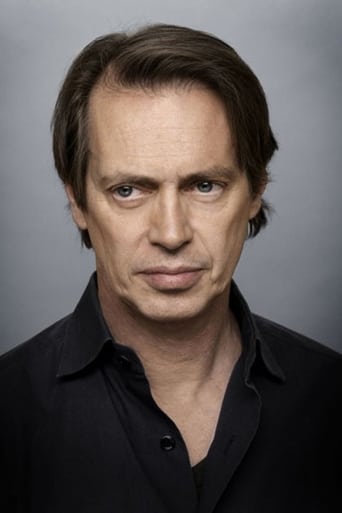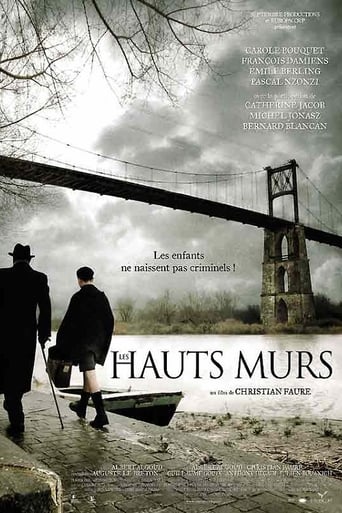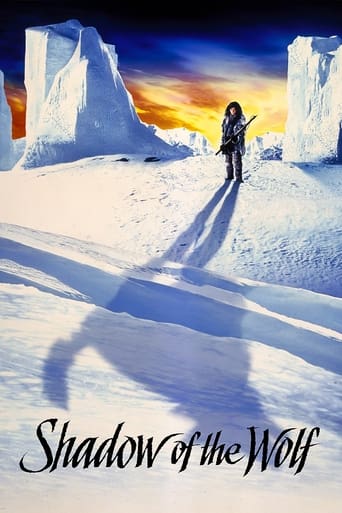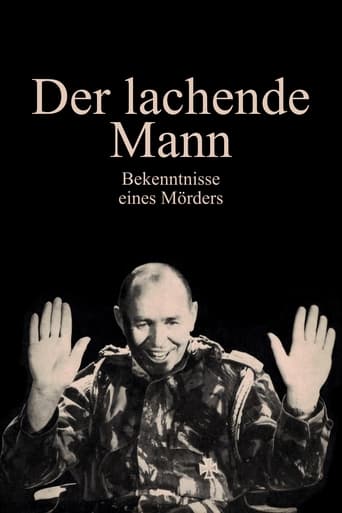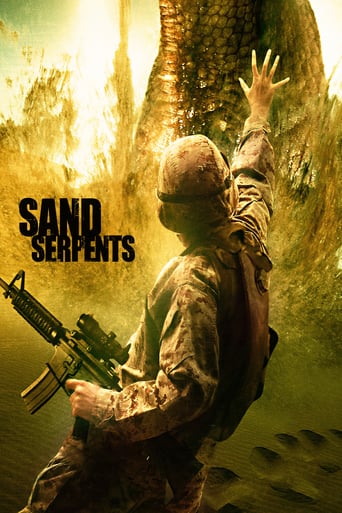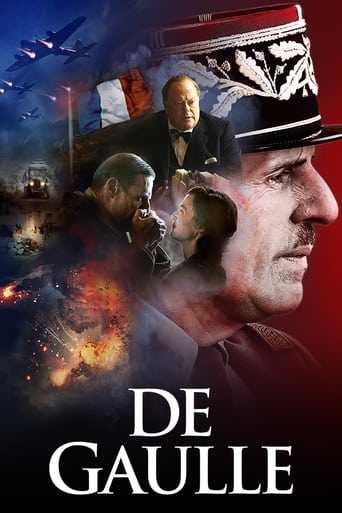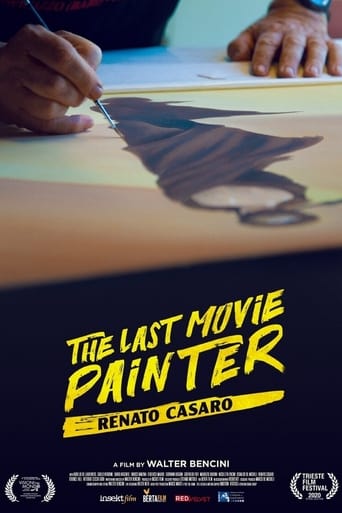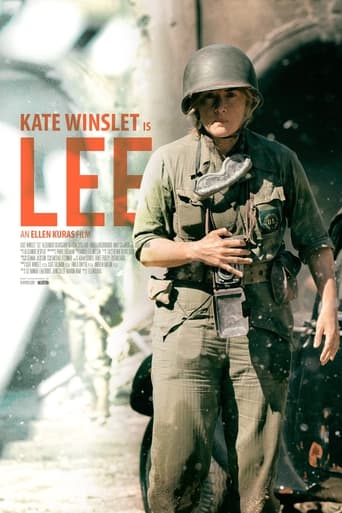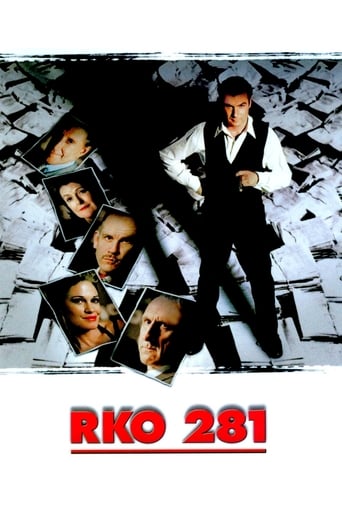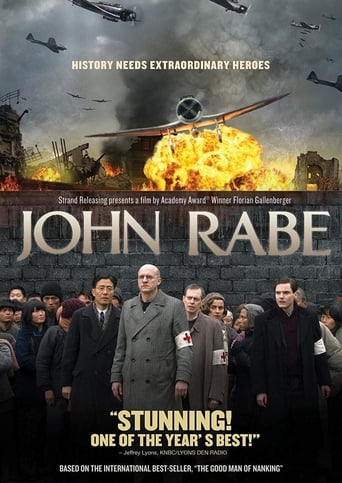
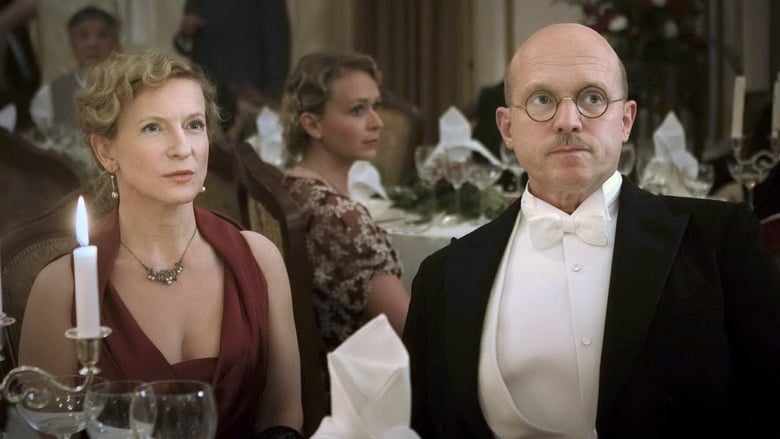
John Rabe (2009)
A true-story account of a German businessman who saved more than 200,000 Chinese during the Nanjing massacre in 1937-38.
Watch Trailer
Cast


Similar titles
Reviews
I think this is a new genre that they're all sort of working their way through it and haven't got all the kinks worked out yet but it's a genre that works for me.
The Worst Film Ever
When a movie has you begging for it to end not even half way through it's pure crap. We've all seen this movie and this characters millions of times, nothing new in it. Don't waste your time.
There are better movies of two hours length. I loved the actress'performance.
"John Rabe", the title of this film, is a name that not really that many people have heard of so far, so this is already one perspective from which it made sense that Florian Gallenberger made this movie. He is an Academy Award winner and this is one of the reasons why he is still among Germany's most known filmmakers these days. Here he adapted the book by Erwin Wickert and directed as well. I read somewhere that Ulrich Mühe was supposed to play the main character, which also would have been an interesting choice, but Mühe's ill-fated health got in the way and the consequence was Ulrich Tukur taking over in what can be considered a career-defining performance. I believe he was very convincing as the title character. And he also looks quite different physically compared to other roles from his career. The best supporting performance here comes from Steve Buscemi and he is an actor that you would not really expect in a film like this with France, China and Germany being the countries who are listed under producing. This came out shortly before Buscemi appeared on "Boardwalk Empire".After watching this film, I must say that it's nice that Rabe got his own film finally. But I also believe this movie is probably more relevant to Chinese (maybe even Japanese) audiences because of the historic impact depicted in here. Pretty much the entire film is set in China of the 1930s, before World War II when bloody conflicts between Japanese and Chinese (with the former being the aggressor) happened way too frequently sadly. I read somewhere that the character of John Rabe has some parallels to Oskar Schindler and I would agree, but just partially. The context is really entirely different and the location where it all takes place is reason enough already to be careful with such a comparison, even if both men had saved many many innocent lives. This movie here was a huge success at the German Film Awards back then and won the big prize among others. It was another example of Gallenberger combining Germany with an entirely different country far far away in terms of plot and story-telling and it is one of his biggest successes so far.This was not the first time Gallenberger worked with actor Daniel Brühl, but I must say I found Brühl very forgettable here. It is a very stereotypical performance and I have seen pretty much the exact performance by Brühl in many films in terms of mannerisms and approach to the character. He has two or three films where he is pretty great, but he is basically very much the same in everything else. But back to this film here. I think the biggest strength is that it never only relies on the Rabe plot, but brings in several side stories, such as the one with the girl who is about to get raped and her brother saving her. I also don't think it takes away any relevance from Rabe as the main character as Tukur immediately has audiences glued to the screen when he is in the center of attention. I do believe this was a convincing film overall and the good outweighs the bad. It did not make as much of an emotional impact for me as I hoped, but there are still a handful fairly great and memorable scenes and moments. Go see it.
Impressive visual effects in this story of John Rabe, a German businessman running the Siemens factory in Nanking, China, as the city is first threatened, then occupied and its residents brutalized by the Japanese Army in 1937.Along with a handful of other internationals, Rabe is instrumental in forming a committee to operate the factory as a "safety zone" in which women and children are safe from the invading soldiers. His credentials as a German citizen, a formal ally of Japan, is one of his most important contributions to the task. It works, more or less, but not without suspenseful hitches.Not too much is shown of what the soldiers did to the citizens of Nanking, which is all for the good. Nobody would believe it. Three hundred thousand Chinese died at the time. That would be about half the population of contemporary San Francisco. The Chinese were eliminated wholesale and in a disorganized and whimsical way. Some of the living were used as bayonet practice targets. How does a culture that promotes such delicate arts as bonsai and origami, that is so terribly polite, manage to tolerate such brutality in its military? Nobody knows. The anthropologist Ruth Benedict tried to explain it in terms of the difference between "shame" and "guilt." At any rate, the cast varies in the way it fits the characters. John Rabe is played by Ulrich Tukur, the nominal hero, and he couldn't be a better choice -- distant, formal, and yet as mousy as Donald Pleasance with a mustache would have been. Anne Consigny as the French school mistress is strikingly beautiful and gives a fine performance. Steve Buscemi is, at first, the undiplomatically brash American doctor who hates Rabe for his Teutonic background but eventually learns to respect and admire him. Buscemi doesn't seem to belong. With his pale face, bulging eyeballs, and shark-like incisors, he looks more like Dracula than a doctor, and he sounds as if he just ran away from a Quentin Tarantino set.In a way it's a formula movie, rather like "Schindler's List", the kind of movie that wins awards. For the most part, the good guys are attractive and the bad guys are ugly. A handful of high-status types band together at the risk of their own lives to save several thousand Chinese. Certain select Japanese officers are clearly the villains but there's even a "good Japanese" who passes on warnings in an attempt to prevent more mass murders. The happy ending is requisite.But it's a moving story. How could it not be?
... essentially all has been said, but some reviews criticize the diversions from the original story. These would seem to have something to do with Chinese censorship following concerns about economic cooperation with Japan. That may explain the sometimes disjointed story structure, and the inclusion of a 'good' Japanese officer warning the Germans about imminent danger to the safety zone, while there is still ample display of Japanese brutality - even though, if you ever visited the memorial in Nanjing itself, you'll find these rather tame in comparison to the photos there.At the time of its release in Germany, reviews were largely negative because Rabe's Nazi Party membership was downplayed in the film. His naivety in regard to Hitler is portrayed (writing him letters urging Hitler to intervene on behalf of the safety zone), but this was seen as way too ambivalent. Gallenberger was criticized for making a 'big' film with Hollywood clichés. And instead of a competition slot at the Berlinale, the film was screened as a 'Special' because the festival apparently shied away from controversy. Having only seen it now for these reasons, I must say that these complaints are exaggerated. There's nothing wrong with a German director trying to make a real cinematic feature instead of an overblown TV production, as it is usually the case. And Gallenberger was certainly the right man for the job, given his previous endeavor of a German Bollywood film. Sadly, the entirely justified vilification of the Nazi regime still clouds the perception of individuals living in that era, and there's some sort of German instinct to snap at everything that could be even remotely interpreted as euphemism - which isn't the case here.What I really liked about the film was that it clarifies that the safety zone was an international 'joint venture' so to speak, instead of being due to the efforts of Rabe alone. Buscemi played all the right keys with his character, and still restrained his presence to allow Ulrich Tukur to take central stage. And his performance is definitely worth the BlueRay. He is one of the very few German actors with aura; Daniel Brühl, in my opinion, isn't, but he's pretty good here, as his scenes with Tukur are balanced very well.If you found John Rabe's story amazing, you might be interested in the even more controversial Johannes Lepsius, who was the principal witness of the Armenian Genocide during World War I - under similar circumstances, as Germany and Turkey were allies, as with the Japanese at the time of the Nanjing Massacre. I couldn't help but think of that while watching 'John Rabe' - that a film based on Lepsius would be far more controversial than this one, since Turkey denies the Armenian genocide to this day even more vehemently than Japan denies Nanjing.I give 'John Rabe' 8/10 because I feel this film has been treated a little harshly, but 7.5 sounds just about right.
Most American have either never heard about the Rape of Nanking or certainly know very little about it. Probably almost nobody in this country has heard of John Rabe. This German film tells the true story this man who felt he was a loyal Nazi working for Hitler and his government in Nanking as the Director the German Industrial Siemens factory, when the Japanese decided to invade China in 1937. This ultimately brings the Japanese forces led by a relative of the Emperor to Nanking. Rabe found himself having to take actions and make decisions which would effect the lives of over 200,000 Chinese. This is a personal drama, a war story with thousands of extras, an accurate history lesson founded on diaries and the book, The Good Man of Nanking as well as an extremely well done movie which will keep you on the edge of your seat for more than two hours. There is a seamless blend of brutal scenes with touching human moments interspersed with black and white authentic newsreels which reminds you although this is a fascinating story, it is reflecting all too true events. Usually when we see a World War II movie showing the murder of prisoners and civilians, it is the Germans who are doing the killing. However this time it is the Japanese who are murdering the Chinese. In one unforgettable ironic scene, Rabe is outraged at acts of the Japanese who are, of course, allies of the Germans. Therefore he sends a fruitless telegram to Hitler asking and expecting him to insist that the Japanese stop murdering innocent people. Ulrich Tukur plays Rabe and won the equivalent of the German Academy Award as did the movie. American actor Steve Buscemi superbly plays Dr. Robert Wilson the American doctor who actually founded the hospital in Nanking and worked very closely with Rabe. The screenwriter and Director is Florian Gallenberger who took a couple of years researching and writing the movie. He told us of the conflicts that he had with the Chinese government during the preparatory phase of the movie. You should see this movie in your local theater if you can. However, if you end up watching it on Netflix, hopefully there will be a director's narrative or interviews with Florian Gallenberger. Despite his relative young age he was a major player in this very large endeavor. He is extremely articulate in English, his second language and relates a fascinating account of the making of this movie.


